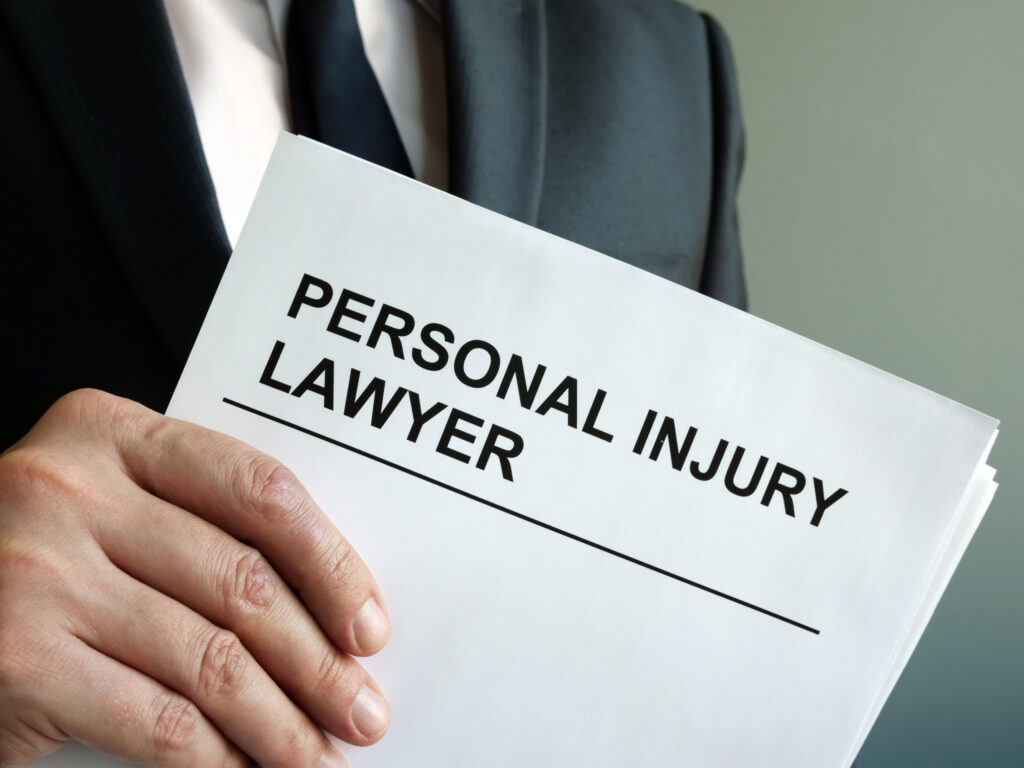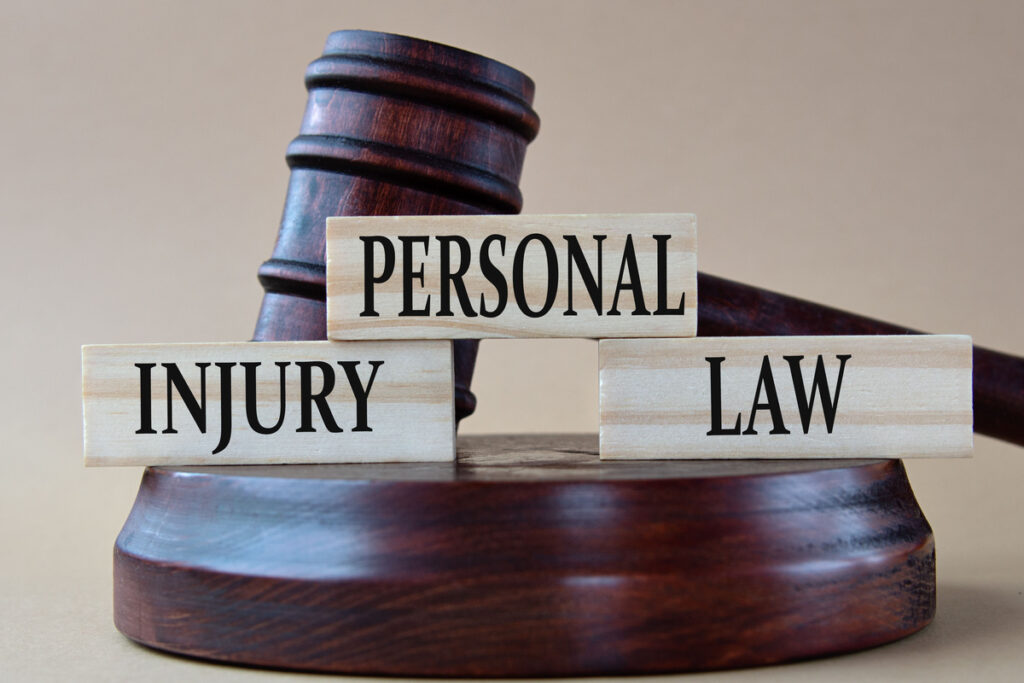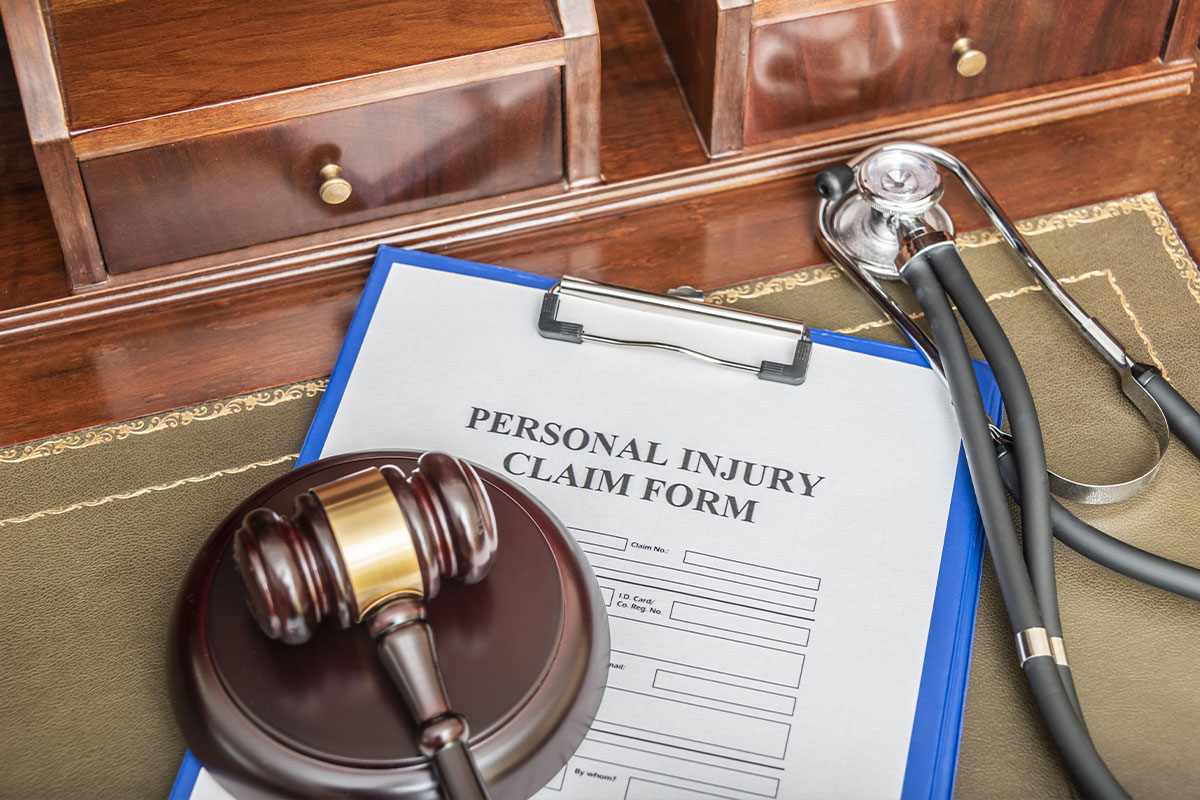Your Rights After an Accident: A Deep Dive into Injury and Compensation Law
Accidents happen unexpectedly, causing physical and emotional harm. If you have been involved in an accident, it’s important to understand your rights and seek the necessary compensation to aid in your recovery. This article will take a deep dive into injury and compensation law, providing you with valuable insights to navigate the legal process. Whether you have suffered a personal injury or want to support a loved one who has, this comprehensive guide will equip you with the knowledge you need to protect your rights.
Understanding the Basics of Injury Law
Before delving into the intricacies of injury law, it’s crucial to understand what constitutes a personal injury & compensation. In legal terms, a personal injury refers to any physical or psychological harm caused by another party’s negligence or intentional actions. From slip and falls to car accidents, personal injuries can occur in various circumstances.
Personal injury law is a branch of civil law that allows individuals who have been harmed to seek compensation for their losses. This compensation can cover medical expenses, lost wages, pain and suffering, and other damages resulting from the injury. Click here to get also about basics of family law.
Defining Personal Injury
Personal injuries cover a wide range of incidents, including but not limited to, workplace accidents, medical malpractice, defective products, and premises liability cases. It is essential to grasp the concept of personal injury to determine if your situation falls within the legal boundaries. You can visit https://www.forbes.com/advisor/legal/personal-injury/personal-injury-law/ to get more about where personal injury law applies.
Workplace accidents can range from slips and falls in an office to more severe injuries in construction sites. Medical malpractice occurs when a healthcare provider deviates from the standard of care, resulting in harm to the patient. Defective products can cause injuries due to design flaws or manufacturing defects, leading to product liability claims. Premises liability cases involve injuries sustained on someone else’s property due to unsafe conditions.
Common Types of Personal Injuries
Personal injuries can manifest in various ways, with some of the most common being broken bones, concussions, whiplash, spinal cord injuries, and emotional distress. These injuries can significantly impact your quality of life and may require extensive medical treatment and rehabilitation.
Broken bones, such as fractures in the arms, legs, or ribs, can result from falls, car accidents, or workplace incidents. Concussions are a type of traumatic brain injury often seen in sports or car accidents. Whiplash, commonly associated with rear-end car collisions, can cause neck and shoulder pain. Spinal cord injuries can lead to paralysis or loss of motor function, drastically affecting a person’s mobility. Emotional distress, while not visible, can have long-lasting effects on a person’s mental health and well-being.
The Role of Negligence in Injury Law
Negligence plays a crucial role in injury law. To establish a personal injury case, you must demonstrate that the responsible party failed to exercise reasonable care, resulting in your injury. Proving negligence requires gathering evidence and showing that the defendant’s actions or inactions were the direct cause of your harm.
Negligence can take many forms, such as distracted driving leading to a car accident, a property owner failing to maintain safe premises resulting in a slip and fall, or a healthcare provider administering the wrong medication to a patient. Understanding the concept of negligence is key to building a strong personal injury case and seeking the compensation you deserve.
The Legal Process After an Accident
After an accident, it’s essential to follow a specific legal process to protect your rights and increase your chances of receiving fair compensation. This process involves several key steps:
However, the legal process after an accident is not as straightforward as it may seem. There are additional factors and considerations that can greatly impact the outcome of your case. Let’s delve deeper into these important details:
Reporting the Accident
Regardless of the accident’s severity, it’s important to report it to the appropriate authorities. Reporting allows for an official record of the incident and ensures that necessary steps are taken to handle the situation.
When reporting the accident, it’s crucial to provide as much detail as possible. This includes information about the parties involved, any witnesses present, and a thorough description of the events leading up to the accident. These details will help establish a clear timeline and aid in the investigation process.

Seeking Medical Attention
Your health should be your top priority, and seeking immediate medical attention is crucial. Even if your injuries seem minor, it’s essential to have a professional evaluation to identify any hidden or delayed complications. Additionally, medical records will serve as evidence of your injuries in legal proceedings.
It’s important to note that the type and severity of your injuries can significantly impact the compensation you may be entitled to. Seeking medical attention from qualified professionals who specialize in accident-related injuries is crucial. They will not only provide you with the necessary care but also document your injuries in a way that strengthens your case.
Gathering Evidence
Collecting evidence is a vital part of establishing the validity of your personal injury claim. Document the accident scene, capture photographs, gather witness statements, and preserve any relevant physical evidence. These pieces of evidence will support your case and help prove the negligence of the responsible party.
However, it’s important to understand that gathering evidence goes beyond just taking pictures and collecting statements. It requires a meticulous approach and attention to detail. An experienced personal injury lawyer can guide you on what evidence is crucial for your case and how to obtain it legally and effectively.
Hiring a Personal Injury Lawyer
While it’s possible to handle a personal injury claim independently, consulting a qualified personal injury lawyer significantly increases your chances of success. An experienced attorney will guide you through the legal process, assess your claim’s worth, negotiate with insurance companies, and ensure that your rights are protected every step of the way.
Choosing the right personal injury lawyer is crucial. Look for someone with a proven track record in handling accident cases similar to yours. They should have a deep understanding of the relevant laws, be skilled negotiators, and have the resources to build a strong case on your behalf. With the right legal representation, you can navigate the complexities of the legal process with confidence.
Your Rights as an Accident Victim
As an accident victim, you have several fundamental rights that are crucial to understand:
Being involved in an accident can be a traumatic experience, and it’s important to know that you have rights to protect you during this challenging time. Understanding these rights can help you navigate the aftermath of the accident more effectively and ensure that you receive the support and compensation you deserve.
Right to Compensation
One of the primary rights you possess as an accident victim is the right to seek compensation for your losses. This compensation typically includes medical expenses, lost wages, pain and suffering, and other damages incurred as a result of the accident.
It’s essential to document all your expenses and losses accurately to strengthen your case for compensation. Keeping detailed records of medical bills, receipts, and any other relevant documents can help ensure that you receive fair compensation for the damages you have suffered.
Right to Legal Representation
Your right to legal representation is essential in personal injury cases. A skilled attorney will navigate the complex legal system on your behalf, ensuring that your rights and interests are protected throughout the entire process.
When selecting a lawyer to represent you, look for someone with experience in handling personal injury cases and a track record of success. A knowledgeable attorney can provide you with valuable guidance and support, helping you make informed decisions and advocating for your best interests.
Right to Refuse Certain Medical Treatments
As the injured party, you have the right to make informed decisions about your medical treatment. You have the freedom to refuse treatment proposals that you deem unnecessary or that you believe may cause further harm. Discuss your concerns with your healthcare provider and advocate for your best interests.
It’s important to communicate openly with your healthcare team about your preferences and concerns regarding your treatment plan. Seeking a second opinion or exploring alternative treatment options may also be within your rights as a patient. Remember, your health and well-being are top priorities, and you have the right to be actively involved in decisions about your medical care.

Navigating the Compensation Claim Process
Once you have a solid understanding of your rights, it’s time to navigate the compensation claim process. This involves specific steps:
Filing a Claim
The first step in seeking compensation is filing a personal injury claim. This involves submitting a formal complaint to the responsible party’s insurance company or initiating a legal lawsuit. Your personal injury lawyer will guide you through this process, ensuring that all necessary documentation is properly filed.
Negotiating a Settlement
In many cases, personal injury claims are resolved through settlement negotiations. Your lawyer will negotiate with the responsible party or their insurance company to reach a fair agreement. This includes determining the appropriate compensation based on your injuries, damages, and the impact on your life.
Going to Trial
If a fair settlement cannot be reached through negotiations, your case may proceed to trial. Your attorney will present your claim before a judge and jury, advocating for your rights and seeking a favorable verdict and rightful compensation.
However, it’s important to note that the journey through the compensation claim process can be complex and time-consuming. There are various factors that can influence the duration of your case, such as the complexity of your injuries, the availability of evidence, and the backlog of court cases in your jurisdiction.
During the initial stages of your claim, your lawyer will work diligently to gather all relevant evidence to support your case. This may involve obtaining medical records, accident reports, witness statements, and any other documentation that can strengthen your claim. Your lawyer will also consult with medical experts and other professionals to assess the extent of your injuries and the long-term impact they may have on your life.
Once all the necessary evidence has been gathered, your lawyer will carefully craft a compelling legal argument to present your case. This includes analyzing relevant laws and precedents, as well as anticipating potential counterarguments from the opposing party. Your lawyer will strive to build a strong and persuasive case that highlights the negligence or wrongdoing of the responsible party and demonstrates the impact it has had on your life.
Throughout the entire process, your lawyer will keep you informed and involved. They will provide regular updates on the progress of your case, explain any legal jargon or complexities, and address any concerns or questions you may have. Your lawyer’s goal is to ensure that you feel supported and empowered throughout the compensation claim process.
In conclusion, being involved in an accident can be a traumatic experience, but knowing your rights and understanding injury and compensation law will empower you to seek the justice and compensation you deserve. Remember to consult with a qualified personal injury lawyer who can guide you through the legal process, ensuring that your rights are protected every step of the way. By taking a deep dive into injury and compensation law, you can navigate the post-accident phase with confidence and peace of mind.
